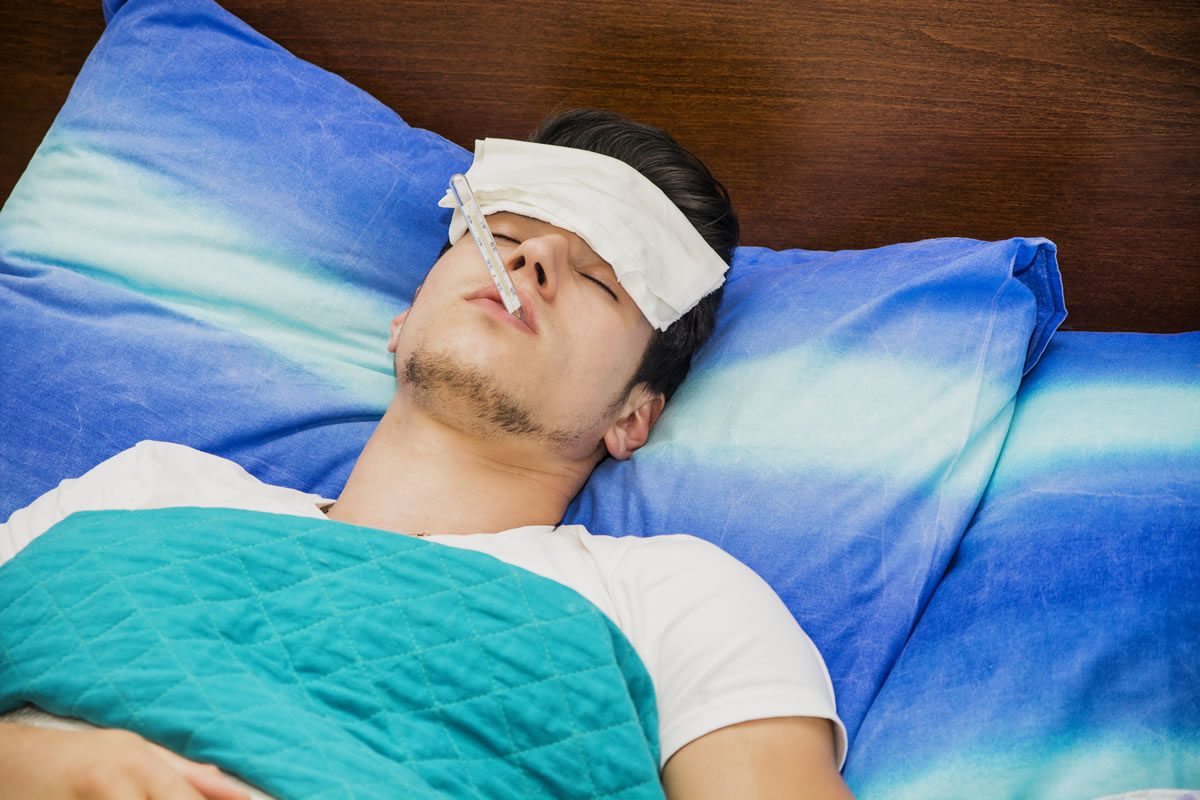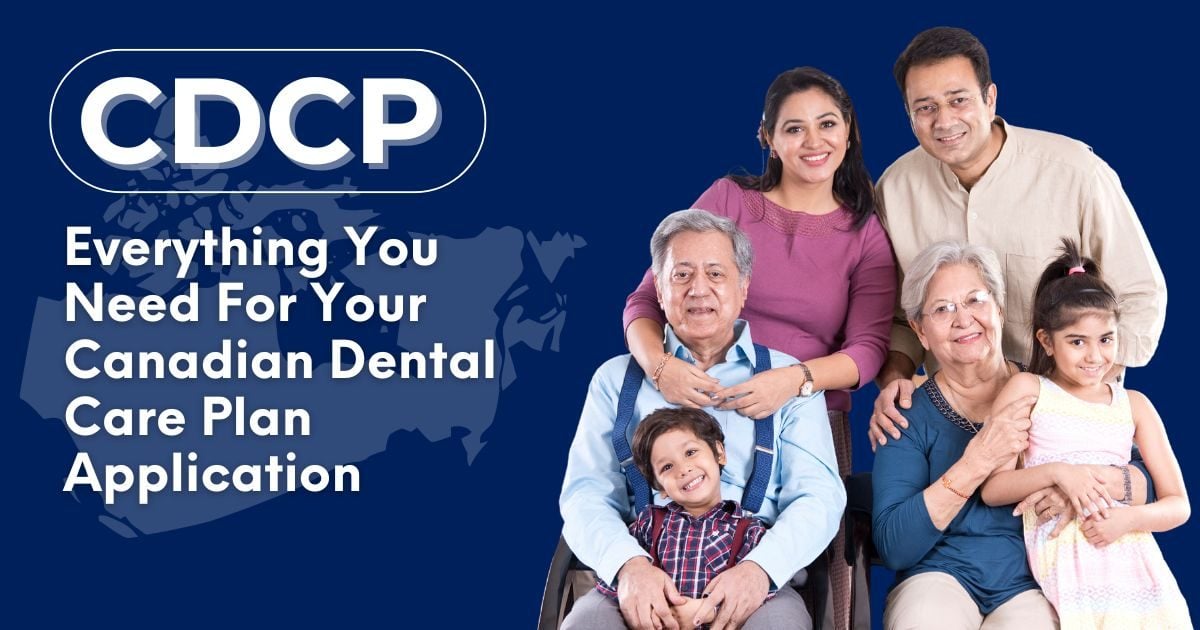You want to practice excellent dental hygiene. You also know how long it takes to get a dental appointment sometimes. That’s why you hate the idea of cancelling. But what should you do if you are sick? If your options are keeping the appointment or rescheduling, what’s better for you, the workers in the dentist’s office, and the other patients? Here’s a guide on whether you should go to the dentist when you’re sick.
The Basics of Cancelling a Dentist’s Appointment
You should never cancel an appointment unless you have a good reason. After all, you’ve scheduled office time with a health care professional and they’ve reserved that time for you. Whether you have a dental emergency or are getting a routine checkup, you’ve asked them to see you, and they have bills to pay, including the cost of office space and staffing.
While many offices can and will be understanding if you need to cancel, your cancellation can hurt their bottom line, which is why many dentists charge cancellation fees. From the business perspective, the dentist’s office has reserved a chair for your appointment and specific staff have been scheduled on the assumption that they’ll be working on you. So, they need to protect themselves against a lot of cancellations happening in a short period. Adding a cancellation fee provides that security.
How Sick Are You?
Since you’re quite possibly on the hook for a cancellation fee, your instinct is probably to go. While other issues will impact your decision, the first thing to decide is how sick you are. Something like a typical headache isn’t contagious and your ability to sit through a dental appointment is a matter of pain tolerance.
But migraine headaches can be a very different story. If you suffer from migraines regularly, you’re the best judge of whether you should go or not. But migraine or not, you should decide the severity of the headache, and if it’s not too bad, you should go. You can avoid the cost of a cancellation. Plus, you don’t have to wait until the dentist can reschedule the appointment.
Are You Contagious?
Contagious illnesses are a different story. When you are sick and could pass along your illness to others, you should think about how your choice impacts them. Obviously though, you might not know if you’re contagious. So, you should make an educated guess based on your symptoms.
Are you coughing or sneezing? You might have a common cold, a virus, or maybe even the flu. You don’t want to infect others. If you’re not currently coughing or sneezing but have done so over the past few days, you might still have a contagious illness, since you can spread the flu to others for a full week.
When you’re contagious, your best bet is to contact the dentist’s office. Ask them about their policy for these situations. They’ll tell you whether they can easily reschedule you for a different date. Alternately, they can offer advice on how to handle the situation while you’re in their office.
What Should You Do If You Keep Your Appointment?
Dentists have differing opinions about sick patients. Some want you to keep your appointment while others will ask you to reschedule. If you do show up for your appointment, follow the procedures recommended by the staff.
Something you should tell them is if you have congestion. This is the biggest problem of visiting the dentist when sick. You’ll have trouble breathing through your nose. Since you can’t breathe through your mouth at times during the treatment, you’ll feel uncomfortable at some points. Tell your dental care provider so that he or she will know to give you quick breaks to catch your breath.
What Steps Can You Take to Avoid Getting Others Sick?
Your primary goal is stopping the spread of germs. When you sneeze or cough, you’re potentially spreading your germs. While using a handkerchief or covering your mouth is a nice thought, you should do more. Germs spread quickly in an office environment. Everything you touch in the waiting area, the check-in station, and the dentist’s office is a petri dish for your germs.
The first thing you should do when you enter the dentist’s office is wash your hands. If that’s not possible, bring a wet wipe and some hand sanitizer with you, and use them instead. After you’ve signed in and sat down, sanitize your hands again. That way, you also avoid picking up germs from others, which could potentially make you even sicker.
Most importantly, you should avoid direct contact with others. That includes patients and office workers. You should also tell your caregivers that you’re contagious. They will probably take precautionary steps, such as putting on latex gloves.
Feeling sick is never fun. You don’t want to have an illness, and you definitely don’t want to spread it. Following the suggestions above will give you the best chance to make sure that you get to see the dentist without infecting others and are as comfortable as possible during the visit.




 December is finally here, and if you’re not already hyped about the holidays, you’re about to […]
December is finally here, and if you’re not already hyped about the holidays, you’re about to […]

